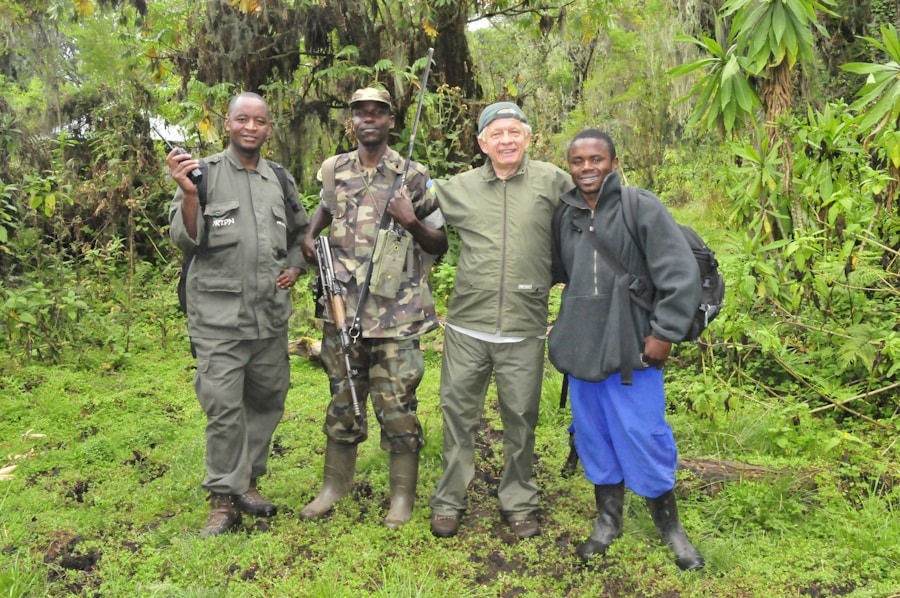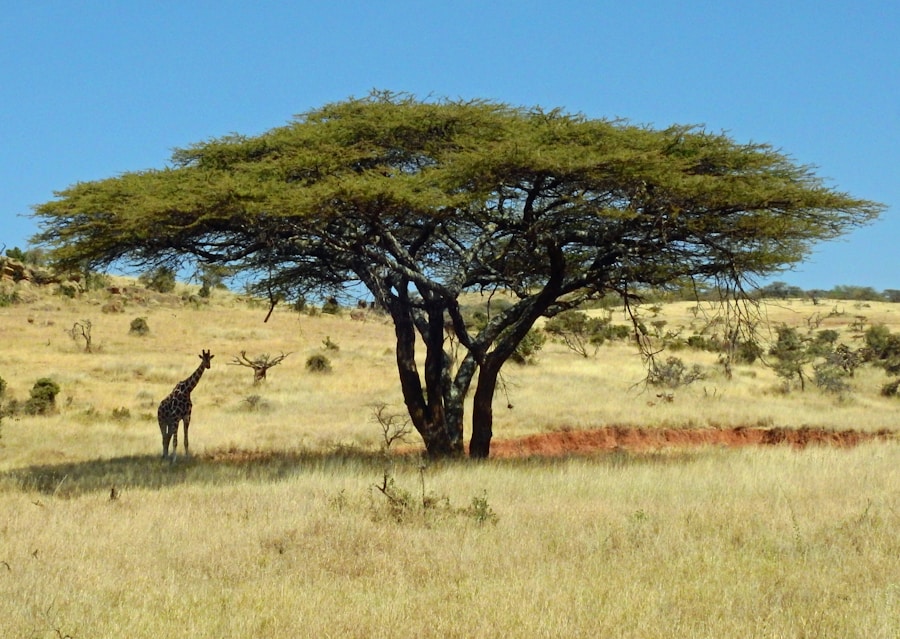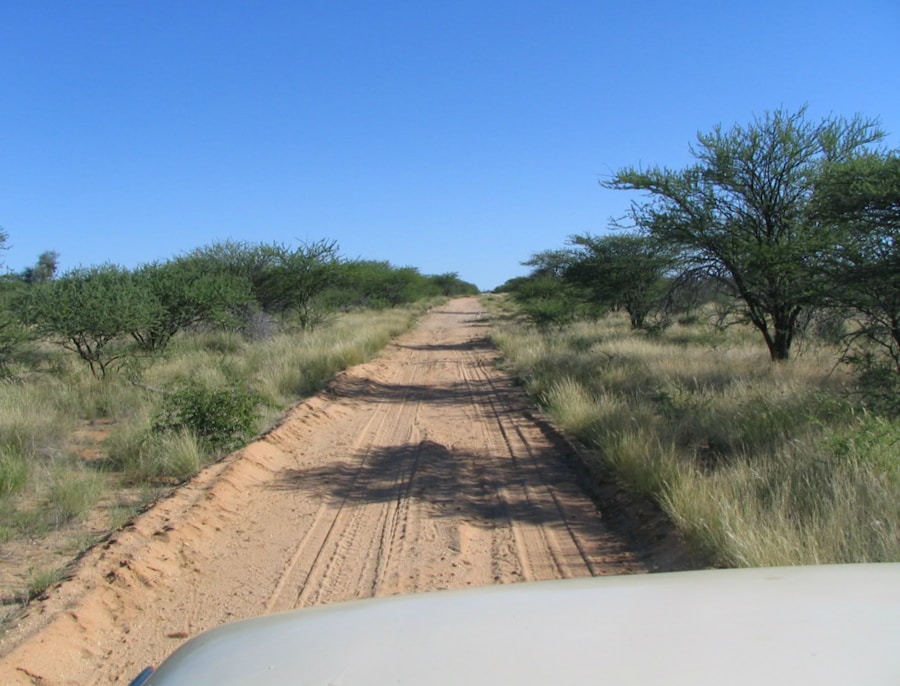Ethical considerations in conservation work are paramount, as they shape the principles and practices that guide efforts to protect biodiversity and ecosystems. The ethical framework within which conservationists operate influences not only the strategies employed but also the relationships formed with local communities, stakeholders, and the environment itself. A strong ethical foundation ensures that conservation initiatives are not merely about preserving species or habitats but also about respecting the rights and values of all involved parties.
This is particularly crucial in a world where human activities have led to significant environmental degradation, and where the consequences of conservation decisions can have far-reaching implications for both nature and society. Moreover, ethical considerations compel conservationists to reflect on their responsibilities toward future generations. The concept of intergenerational equity emphasizes that current actions should not compromise the ability of future generations to meet their own needs.
This principle is especially relevant in the context of climate change, habitat destruction, and species extinction. By prioritizing ethical considerations, conservationists can advocate for sustainable practices that not only address immediate environmental concerns but also promote long-term ecological health and resilience. This approach fosters a sense of stewardship that transcends individual interests, encouraging a collective commitment to preserving the planet for those who will come after us.
Key Takeaways
- Ethical considerations are crucial in conservation work to ensure that the rights and well-being of both the environment and local communities are respected.
- Balancing conservation goals with the needs of local communities is essential for the long-term success of conservation efforts and to avoid negative impacts on livelihoods.
- Working in remote and harsh environments presents unique challenges such as limited resources, extreme weather conditions, and limited access to support and infrastructure.
- Addressing power dynamics and inequality in conservation work is important to ensure that all stakeholders have a voice and are included in decision-making processes.
- Ethical dilemmas in wildlife management and conservation often arise when trying to balance the protection of endangered species with the needs of local communities and economic interests.
Balancing Conservation Goals with Local Community Needs
Understanding Local Perspectives
In regions where natural resources are a primary source of income, conservation strategies must consider the economic impact on local communities. Imposing strict regulations without consulting local stakeholders can lead to resentment and resistance. Engaging local communities in the decision-making process is crucial for fostering a sense of ownership and responsibility toward conservation initiatives.
Empowering Local Communities
Community-based conservation programs have shown great success in integrating local knowledge and practices into biodiversity protection strategies. By empowering local residents to manage their natural resources sustainably, these programs have not only contributed to the preservation of unique ecosystems but have also improved the livelihoods of those who depend on them.
Finding Common Ground
The key to successful conservation lies in finding common ground between conservation objectives and community aspirations. By working together and incorporating local perspectives, conservation efforts can achieve their goals while also supporting the well-being of local communities.
Challenges of Working in Remote and Harsh Environments

Conservation work often takes place in some of the most remote and harsh environments on Earth, presenting unique challenges that can complicate efforts to protect biodiversity. These areas may be characterized by extreme weather conditions, difficult terrain, and limited access to resources, all of which can hinder fieldwork and data collection. For instance, researchers studying polar bear populations in the Arctic must contend with freezing temperatures, shifting ice conditions, and logistical difficulties associated with remote locations.
Such challenges require innovative solutions and adaptability, as well as a deep understanding of the ecological dynamics at play. In addition to environmental challenges, working in remote areas often involves navigating complex social dynamics. Many of these regions are inhabited by indigenous or marginalized communities whose traditional knowledge and practices are vital for effective conservation.
However, establishing trust and collaboration can be difficult when external organizations enter these spaces with preconceived notions about conservation priorities. Building relationships based on mutual respect and understanding is essential for overcoming these barriers. Successful conservation initiatives in remote areas often rely on local partnerships that leverage indigenous knowledge while addressing the unique challenges posed by the environment.
Addressing Power Dynamics and Inequality in Conservation Work
Power dynamics and inequality are pervasive issues within the field of conservation, influencing who has a voice in decision-making processes and who benefits from conservation initiatives. Historically, conservation efforts have often been dominated by external actors—such as international NGOs or government agencies—who may impose top-down approaches that overlook local needs and perspectives. This can lead to a disempowerment of local communities, exacerbating existing inequalities and fostering resentment toward conservation efforts.
Addressing these power imbalances is crucial for creating equitable and effective conservation strategies. One approach to mitigating power dynamics is through participatory governance models that actively involve local communities in decision-making processes.
By recognizing the rights of indigenous peoples and local communities to manage their natural resources, these initiatives not only empower marginalized groups but also enhance the effectiveness of conservation efforts. Furthermore, fostering partnerships between local communities and external organizations can facilitate knowledge exchange and capacity building, ultimately leading to more sustainable outcomes.
Ethical Dilemmas in Wildlife Management and Conservation
Wildlife management presents a myriad of ethical dilemmas that challenge conservationists to reconcile competing interests and values. One prominent issue is the management of invasive species, which can threaten native biodiversity but may also hold cultural or economic significance for certain communities. For instance, the introduction of non-native species for agricultural purposes can lead to unintended ecological consequences, prompting debates about whether eradication efforts are justified when they may disrupt local livelihoods.
Navigating these dilemmas requires a nuanced understanding of ecological principles as well as an appreciation for the socio-cultural context in which these issues arise.
While these actions may be deemed necessary to protect endangered species or restore ecological balance, they raise profound questions about human intervention in natural processes.
The moral implications of taking life—whether human or animal—must be carefully considered within the broader framework of conservation ethics. Engaging diverse stakeholders in discussions about wildlife management strategies can help illuminate different perspectives and foster more inclusive decision-making processes that reflect a range of values.
Navigating Political and Economic Pressures in Conservation Efforts

Conservation efforts are often influenced by political and economic pressures that can complicate or undermine initiatives aimed at protecting biodiversity. Governments may prioritize short-term economic gains over long-term environmental sustainability, leading to policies that favor resource extraction or development at the expense of ecosystems. For example, logging or mining operations may be permitted in protected areas due to political lobbying or economic incentives, posing significant threats to biodiversity.
Conservationists must navigate these complex political landscapes while advocating for policies that align with ecological integrity. Additionally, funding for conservation projects is frequently tied to political agendas or economic interests, which can skew priorities away from genuine ecological concerns. In many cases, international funding sources may impose conditions that prioritize certain outcomes over others, potentially sidelining critical issues such as community engagement or habitat restoration.
To counteract these pressures, conservationists must build coalitions with diverse stakeholders—including local communities, scientists, policymakers, and businesses—to advocate for holistic approaches that balance ecological health with socio-economic development. By fostering dialogue among these groups, it becomes possible to create more resilient conservation strategies that withstand political fluctuations while remaining true to ethical principles.
In a recent article on the deductive system of truth functions, reasoning, and deriving conclusions, the importance of logical reasoning and critical thinking in conservation work is highlighted. Ethical dilemmas often arise in the field of conservation, and having a strong foundation in deductive reasoning can help professionals navigate these challenges effectively. By understanding how to derive conclusions based on evidence and logical principles, conservationists can make more informed decisions that prioritize the well-being of the environment and its inhabitants.
FAQs
What are the main ethical considerations in conservation work?
Some of the main ethical considerations in conservation work include the treatment of wildlife and ecosystems, the rights and needs of local communities, the use of resources, and the potential impacts on future generations.
What are the challenges faced in conservation work?
Challenges in conservation work include habitat destruction, climate change, poaching and illegal wildlife trade, human-wildlife conflict, lack of funding and resources, and balancing the needs of conservation with the needs of local communities.
How do conservationists address ethical dilemmas in their work?
Conservationists address ethical dilemmas by considering the principles of conservation ethics, consulting with local communities and stakeholders, conducting thorough research and impact assessments, and seeking to find solutions that are both environmentally and socially responsible.
What role do ethics play in the decision-making process in conservation work?
Ethics play a crucial role in the decision-making process in conservation work, guiding conservationists to make choices that are morally and ethically sound, and that consider the long-term impacts on both the environment and human communities.
How can conservation organizations ensure ethical practices in their work?
Conservation organizations can ensure ethical practices in their work by developing and adhering to codes of conduct and ethical guidelines, engaging in transparent and inclusive decision-making processes, and regularly evaluating and adjusting their practices to align with ethical principles.























+ There are no comments
Add yours